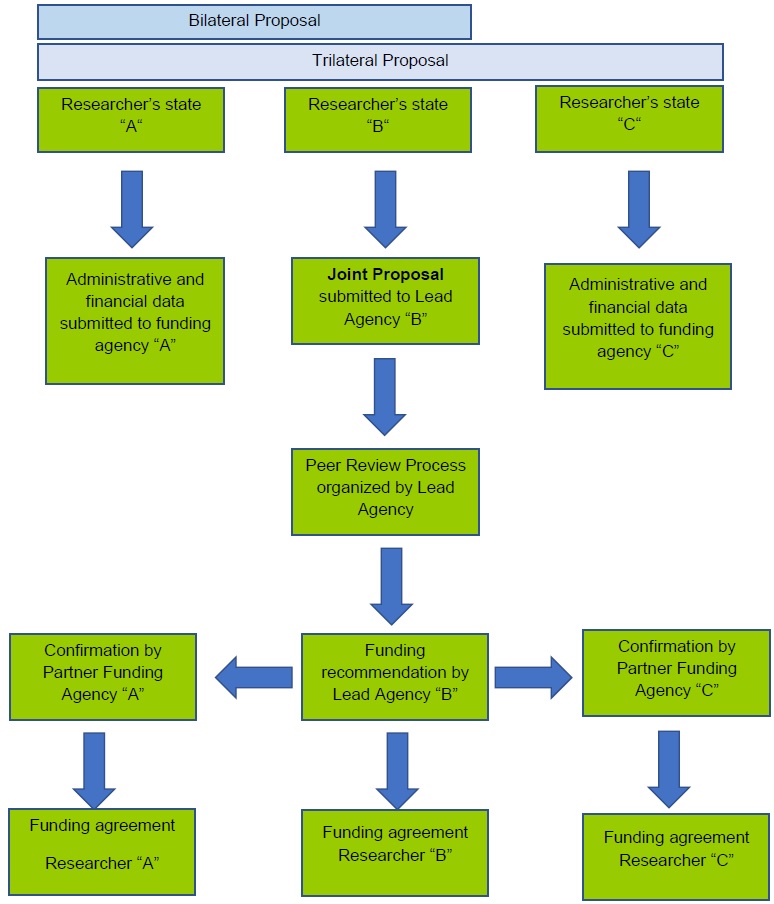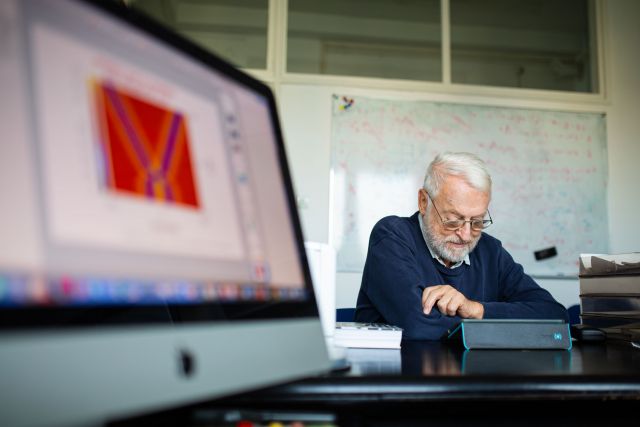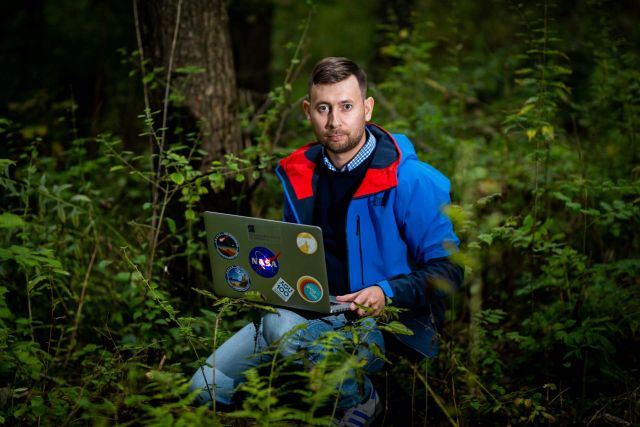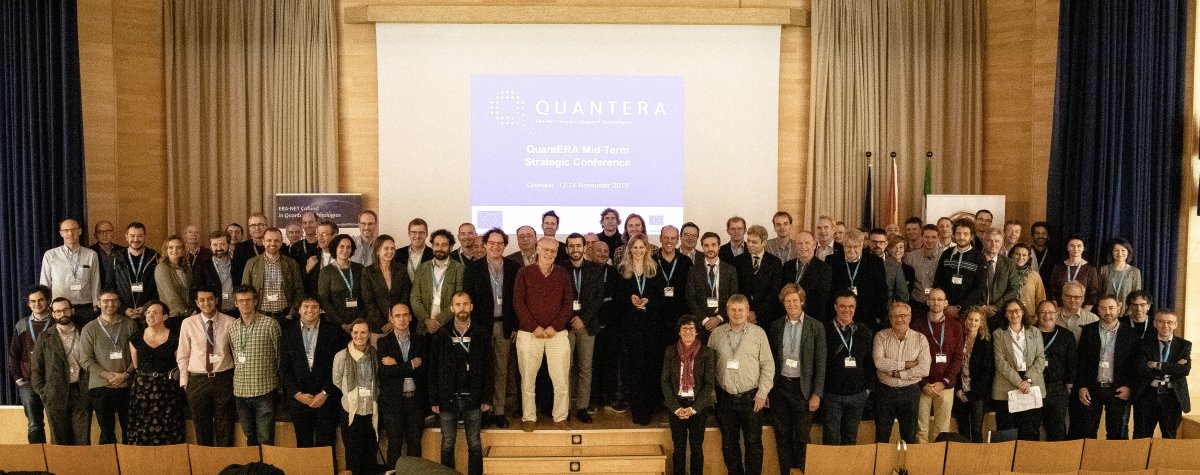Pre-announcement of the CEUS-UNISONO call for proposals for research projects held in line with the Lead Agency Procedure.
In February 2020, the international CEUS-UNISONO call for proposals will be announced. The call will be open to proposals for research projects:
- which involve basic research,
- in all areas of research,
- to be carried out in bilateral or trilateral cooperation by the Polish, Austrian, Czech and Slovenian research teams,
- carried out over 24, 36 and in the case of cooperation with Austrian research teams - also 48 months, starting in 2021 at the earliest.
The call will be announced within the CEUS programme organised in cooperation between the NCN and foreign partner institutions from:
- Austria (FWF – Austrian Science Fund – Fonds zur Förderung der wissenschaftlichen Forschung),
- Czech Republic (GAČR – Czech Science Foundation – Grantová agentura České Republiky),
- Slovenia (ARRS- Slovenian Research Agency – Javna agencija za raziskovalno dejavnost Republike Slovenije).
The CEUS-UNISONO call will be held in line with the Lead Agency Procedure. The lead agency will perform the merit-based evaluation of submitted proposals under its domestic call open to such evaluation. Under the CEUS-UNISONO call, FWF, GAČR or ARRS[1] will act as the lead agency.
Proposals may be submitted to the respective lead agency (FWF, GAČR or ARRS), provided that:
- in the case of bilateral projects: at least 40 % of the entire project costs must be applied for at the respective lead agency;
- in the case of trilateral projects: at least 25 % of the entire project costs must be applied for at the respective lead agency.
The CEUS-UNISONO call will be open to NCN proposals to which joint proposals will be attached, drafted by research teams from two or three countries involved in the CEUS programme, according to the requirements of the respective lead agency under its domestic programme, i.e.:
NCN proposals drafted according to the requirements of the NCN should be submitted via the ZSUN/OSF (Integrated System of Services for Science/Servicing Financing Streams) electronic submission system available at https://osf.opi.org.pl), as soon as possible following submission of the joint proposal to the respective lead agency, within 7 calendar days at the latest.
The terms and conditions of domestic calls open under the CEUS programme by the foreign partner institutions, under which joint proposals will be submitted and evaluated, including the proposal submission date, will be set by the FWF, GAČR and ARRS, respectively.
- Proposal submission dates in 2020 at the partner institutions acting as the lead agency:
| Agency |
Submission at the lead agency |
|---|
| FWF |
No fixed proposal submission date;
proposals can be submitted from 22 February 2020
|
|
GAČR
|
Proposal submission date:
22 February-7 April 2020
|
|
ARRS
|
Proposal submission date:
September-October/November 2020
|
|
NCN
|
Proposal submission date:
from September 2020 till December 2020 under the OPUS
|
- Proposal submission dates for domestic research teams at the respective partner institution other than the lead agency:
| Institution |
Submission dates for proposals for funding of domestic teams in the partner institutions other than lead agencies |
|---|
| FWF |
No fixed proposal submission date;
proposals can be submitted from 22 February 2020, as soon as possible following the submission of the joint proposal to the respective lead agency, within 7 calendar days at the latest, in accordance with the requirements of the respective institution |
|
GAČR
|
|
ARRS
|
|
NCN
|
No fixed proposal submission date;
proposals can be submitted from 24 February 2020, as soon as possible following the submission of the joint proposal to the respective lead agency, within 7 calendar days at the latest, in accordance with the CEUS-UNISONO call requirements
|
Proposals submitted under the CEUS-UNISONO call will be subject to an eligibility check carried out by the NCN and the FWF, GAČR and ARRS separately and merit-based evaluation carried out by the lead agency according to its rules.
Under the CEUS-UNISONO call, funds will be awarded to those research projects that are included in 20% of proposals with the highest marking under a domestic call opened by the lead agency within the CEUS program, whereby all engaged partner institutions award funding to their respective research teams.
Planned date of the announcement of first CEUS-UNISONO call results: second half of 2020.
More information on the CEUS-UNISONO call will be available in February 2020.
FWF call announcement
CEUS pre-announcement on GAČR website
CEUS pre-announcement on ARRS website
NCN CONTACT PERSONS:
Dr Magdalena Godowska, tel. +48 12 341 90 16 (general enquiries)
Magdalena Dobrzańska-Bzowska, tel. +48 12 341 9094 (general enquiries)
FWF CONTACT PERSONS:
Dr. Christoph Bärenreuter, tel. +43 (0)1 / 505 67 40 – 8702, email: christoph.baerenreuter@fwf.ac.at
CONTACT GAČR:
Kamila Pětrašová, tel . +420 227 088 863, email: kamila.petrasova@gacr.cz
CONTACT ARRS:
Bojan Volf, tel. +386 1 400 5973, email: bojan.volf@arrs.si
Lead Agency Procedure in the CEUS-UNISONO call applicable to bilateral and trilateral projects

[1] In September 2020, proposals for funding of research projects carried out in bilateral or trilateral cooperation by the Polish, Austrian, Czech and Slovenian research teams will be accepted under the OPUS call, with the NCN acting as the Lead Agency, provided that:
- in the case of bilateral projects including Polish research team(s): at least 40 % of the entire project costs must be applied for at the NCN;
- in the case of trilateral projects including Polish research team(s): at least 25 % of the entire project costs must be applied for at the NCN.







